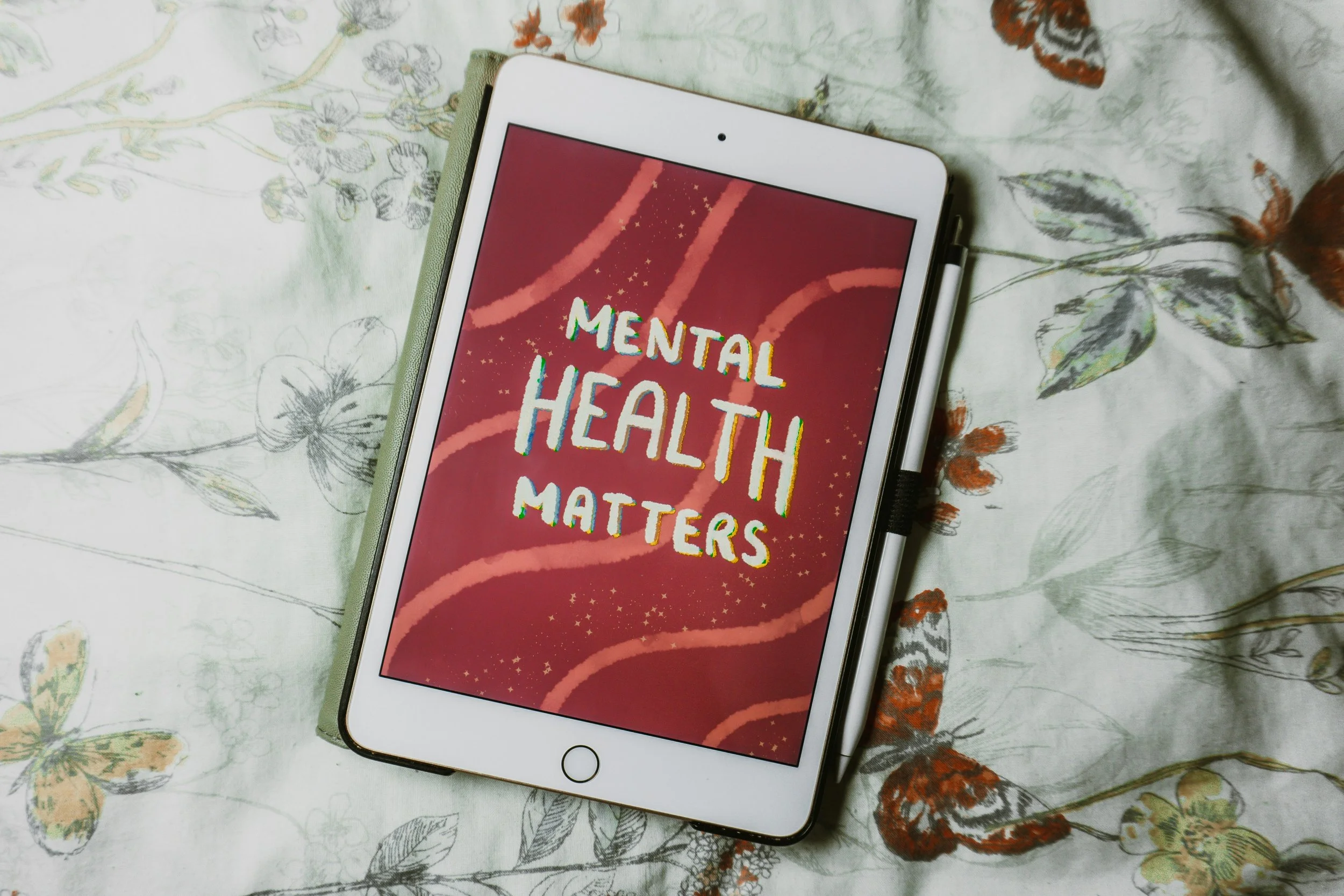UNDERSTANDING ARFID: Raising Awareness and Breaking the fear of the Unknown
In a world where discussions about eating disorders often centre around anorexia nervosa and bulimia, there exists a lesser-known yet equally significant condition called ARFID (Avoidant/ Restrictive Food Intake Disorder).
What is ARFID?
ARFID is more than just picky eating; it’s a complex mental health condition characterized by extreme anxiety or fear surrounding certain foods, textures, smells or colours.
One of the biggest challenges in addressing ARFID is the lack of awareness and understanding surrounding the disorder.
Signs and symptoms
While ARFID is often mistaken for picky eating, it goes beyond mere preferences and can have serious consequences for physical and mental health if left untreated.
Individuals with ARFID may exhibit an intense aversion to certain foods, often limiting their diet to a narrow range of acceptable options. ARFID sufferers may consume very small amounts of food or avoid entire groups altogether, leading to nutritional deficiencies and weight loss.
Some individuals with ARFID may avoid certain foods due to a fear of choking or vomiting, which can severely restrict their food choices. Mealtimes can be sources of significant stress and discomfort for individuals with ARFID , leading to avoidance behaviours or rituals around eating. Also, it can interfere with social activities, relationships and overall quality of life and individuals may struggle to participate in events involving food.
Possible signs of ARFID include:
· Difficulties recognising hunger
· Consuming much less food than required
· Feelings of fullness after very small amounts of food
· Spending a long time eating/find eating a ‘chore’
· Missing meals
· Sensitivity to aspects of some foods, such as texture, smell or temperature
· Always having the same meals and lack variety
· Experiencing anxiety around mealtimes
· Unintentional weight loss, or in children not gaining weight as expected
· Developing nutritional deficiencies due to lack of variety in the diet (1)
Breaking the stigma
Seeking professional help is crucial for individuals suspected of having ARFID.
An extended assessment by a healthcare provider (usually a psychiatrist or psychologist specialising in eating disorders, can lead to accurate diagnosis and the development of an appropriate treatment plan.
Working with a registered dietitian experienced in eating disorders can help individuals with ARFID establish balanced and varied eating habits while addressing any nutritional deficiencies.
If you’re worried that someone may have ARFID, it is important to talk with them and encourage them to seek help and support (1).
How can we raise awareness?
Raising awareness about ARFID is crucial. It validates the lived experience individuals and increases the awareness leading to earlier detection and intervention, potentially preventing the disorder from escalating into more severe health complications.
By providing accurate information about the disorder, breaking the myths and misconceptions through campaigns, education and early access to specialized treatment and support services are the tools to tailor the best supportive and safe environment for ARFID sufferers.
ARFID is a serious eating disorder that requires specialised treatment and support. By recognizing the signs and symptoms of ARFID and seeking professional help when needed, individuals can take steps towards recovery and regain a healthy relationship with food.
Let’s initiate dialogue, amplify the voices of those with lived experiences and work collectively towards a future where everyone feels empowered to seek the assistance and support they require.
Resources
1. England Helpline: 0808 801 0677 | help@beateatingdisorders.org.uk
2. Scotland Helpline: 0808 801 0432 | Scotlandhelp@beateatingdisorders.org.uk
3. Wales Helpline: 0808 801 0433 | Waleshelp@beateatingdisorders.org.uk
4. Northern Ireland Helpline: 0808 801 0434 | NIhelp@beateatingdisorders.org.uk
You can also join one of our online support groups, which are anonymous and give you the opportunity to speak to people going through similar experiences to you:
- The Nest: A confidential, inclusive and welcoming space for anyone wanting to share their eating disorder experiences, open daily.
- Hummingbird: A confidential, inclusive and welcoming space for anyone with an ARFID diagnosis and/or experiencing ARFID symptoms
Written by: Ioanna Gourgouleti Specialist Mental Health Dietitian, Bsc (Hons) of Dietetics, HCPC registered






